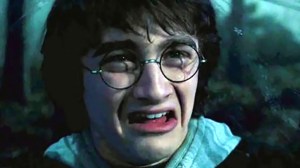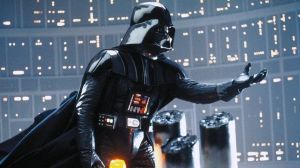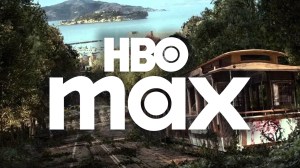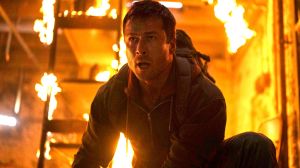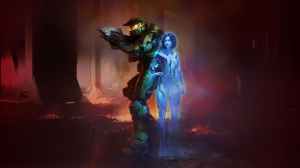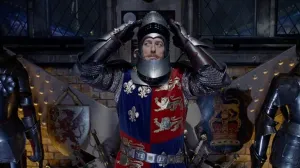One of the central promises of the new Harry Potter series is that it’ll stick closely to the books, and everyone already knows that. But there’s a big surprise the show might be hiding – or maybe it’s just something obvious that everyone’s missing: in the books, the story takes place in the 1990s. The movies completely brushed this aside, and now the series has a chance to bring that detail back into light. And no, this isn’t just some fun fact for fans obsessed with timelines. That era’s setting is part of the original context J.K. Rowling created; ignoring it again would be a missed opportunity for both the story and the show’s overall vibe – especially now, when nostalgia isn’t just a bonus, it’s a selling point.
Videos by ComicBook.com
The books are clear: Harry was born in 1980 and started at Hogwarts in 1991. The story unfolds throughout that decade, wrapping up with the final battle in 1998. But honestly, anyone who’s only seen the movies probably wouldn’t know that. That’s because the adaptation went for a deliberately timeless look – the clothes, the sets, everything avoided obvious signs of when it all took place. The Muggle world was basically treated as some distant background noise, stripped of any cultural, political, or social flavor. What we got was a story that might as well have taken place in any random decade or even some alternate timeline.
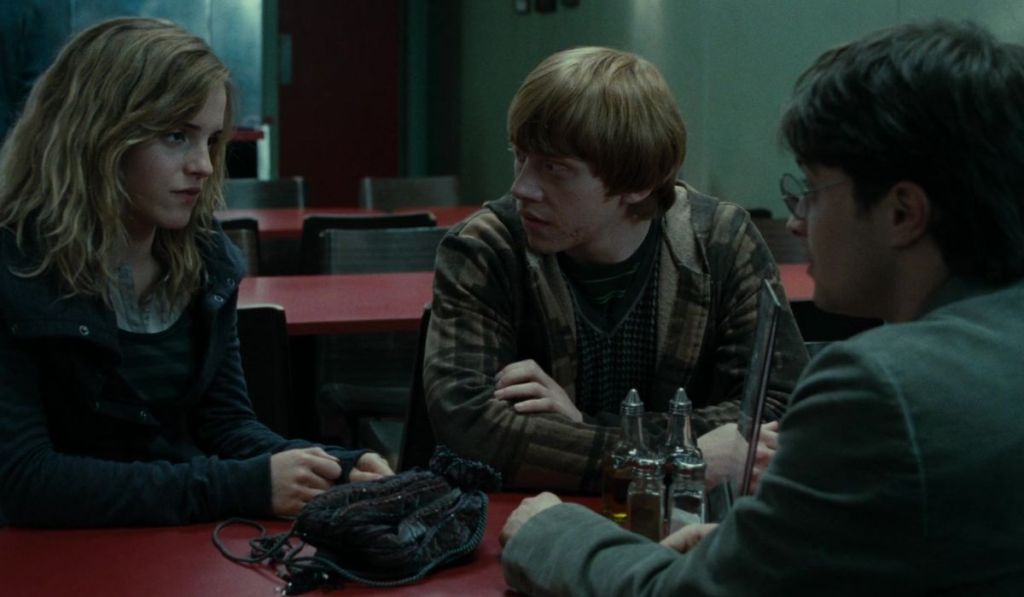
Sure, that stylistic choice worked for the movies. They were aiming for a classic fantasy look, something that wouldn’t age quickly. But now, over 20 years since the first film, the Max series is in a different spot. Audiences have changed, and TV has changed. Besides, the entertainment world is drowning in reboots and remakes (truth be told). So, if Harry Potter is coming back, it needs to bring something new to the table – and leaning into the ’90s might be exactly what makes it stand out.
Want proof this works? Just look at Stranger Things. That Netflix show turned the ’80s into its entire aesthetic, emotional, and storytelling framework. The setting isn’t just retro window dressing – it shapes the characters, the drama, the tone, and the references. It blew up because it had a clear direction and wasn’t afraid to commit. Nostalgia wasn’t just sprinkled in – it was part of the DNA. Harry Potter could totally do the same thing with the ’90s. And the best part? It wouldn’t even be a creative stretch – it’s already baked into the books.
The show could totally run with this: show the Dursleys as your average ’90s British middle-class family; throw in some music, fashion, slang, and pop culture from the time to really highlight the difference between the Muggle and wizarding worlds; show Hermione, coming from a Muggle background, dealing with the weird clash between the fast-moving technological world and the old-school wizarding world where wizards still use parchment, quills, and owls while the rest of the world already has internet, cable TV, and cell phones. Those kinds of details aren’t just for show – they build contrast, add humor, and give the whole thing a bit more weight.
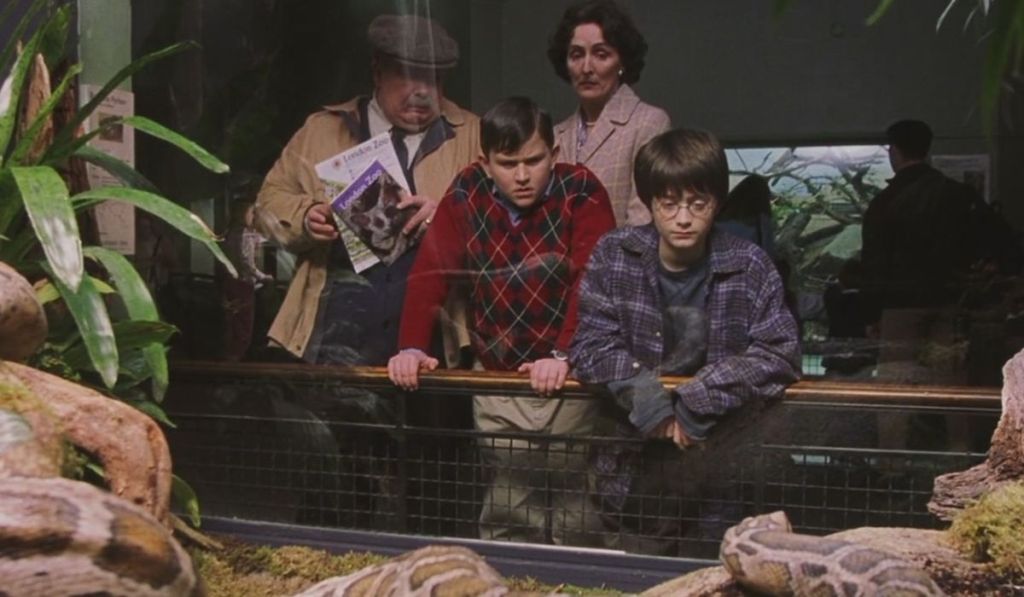
However, let’s face it: even though this sounds like something that would surprise and delight longtime fans, chances are the reboot will play it safe, just like the movies did – creating a neutral-looking world with no clear timeframe to avoid seeming outdated. But honestly, that’d be a mistake. It’s 2025, and audiences respond well to strong, well-defined periods. Shows like The Bear, Daisy Jones & The Six, Yellowjackets, and even Sex Education (which fully embraces its weird time mashup) all prove that people care about style, identity, and atmosphere. Nailing the period could be what gives this new version of Harry Potter its own voice – something that goes beyond just checking the “book-accurate” box. Fans do want loyalty to the source, sure, but embracing this kind of nostalgic angle could take the show to another level.
Besides, Harry Potter was never about some magical bubble cut off from the rest of the world. The plot has always touched on bigger stuff – social issues, discrimination, authoritarianism, and political chaos. Setting it firmly in the ’90s would only reinforce that. Voldemort is basically a rising fascist figure in a world that was going through major changes. The era was full of big shifts: the Cold War ended, globalization ramped up, and the internet was born. That backdrop doesn’t just make sense – it adds depth. And yes, it’d be really cool to see.
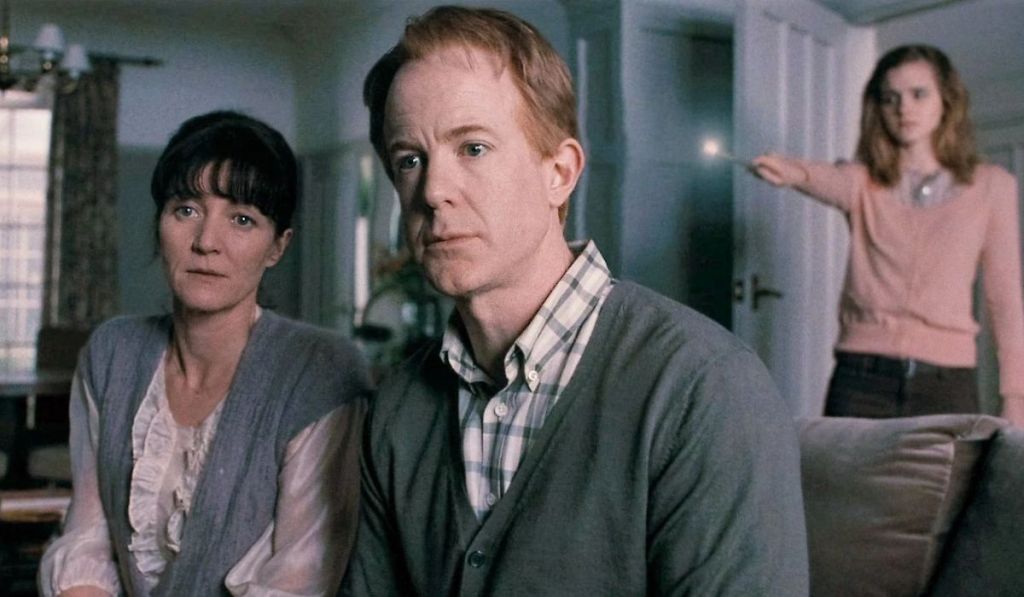
There’s also the commercial side of things. Nostalgia is having a serious moment right now. Fashion, music, old brands, retro toys, classic movies – all of it’s making a comeback, not just because people are sentimental, but because it sells. A chunk of the original Harry Potter fanbase grew up in the mid-to-late ’90s, so there’s a real emotional connection here. Tapping into that isn’t just faithful to the story – it’s smart business. If this reboot wants to actually matter and stick around, it needs to understand that being loyal doesn’t just mean copying lines from the books. It means capturing the story’s soul, and part of that is tied to when it all happens.
Pretending Harry Potter exists in some timeless vacuum is the easiest way to make the show feel generic. But using the ’90s in a bold, creative way is a golden chance to give it flavor, energy, and a real identity. It’d be awesome if the new series leaned into that. The safer bet is that the wizarding world will stay frozen in a vague, undefined style, so it won’t risk turning anyone off. But that’s already been done. And playing it safe again isn’t what’s going to keep this story alive for the next generation. Fingers crossed, Max doesn’t overlook this.
The Harry Potter TV Series is in development to air on HBO.

